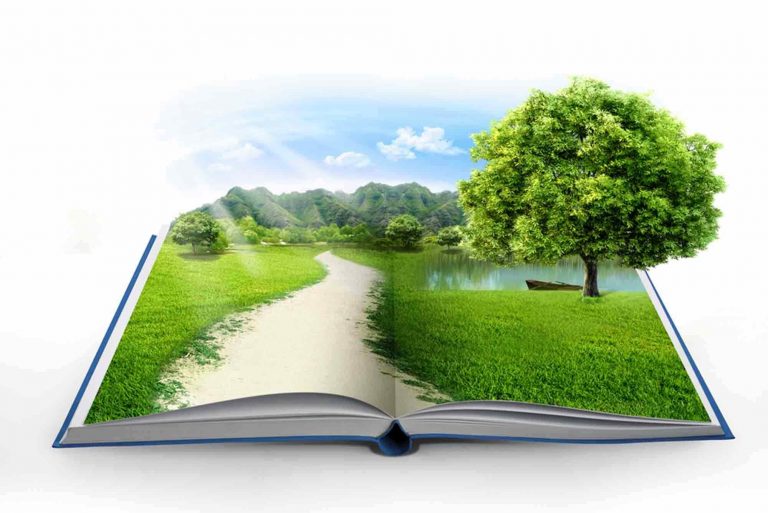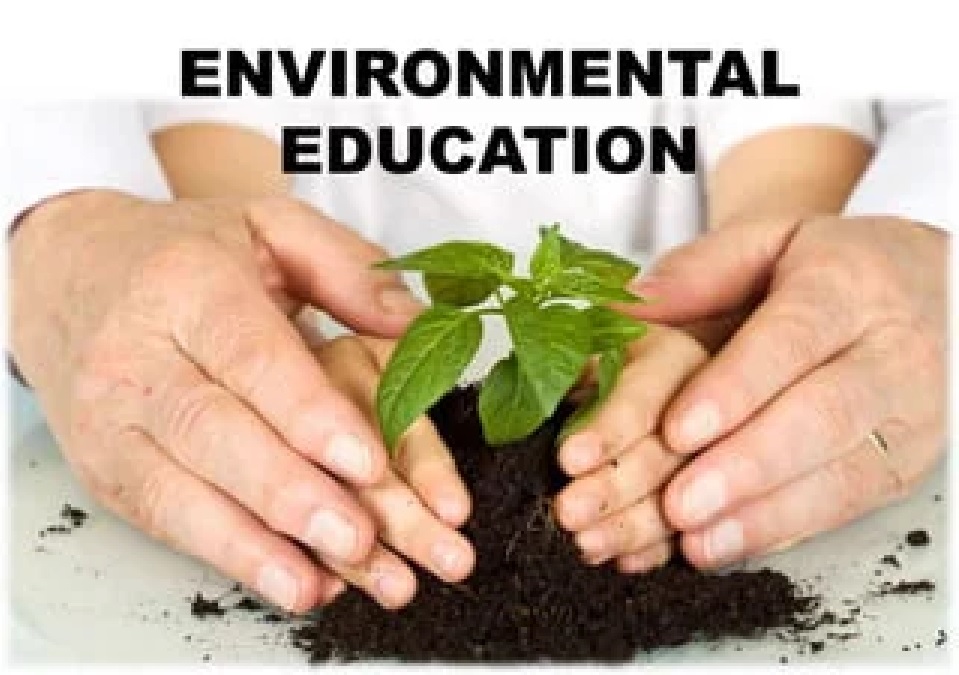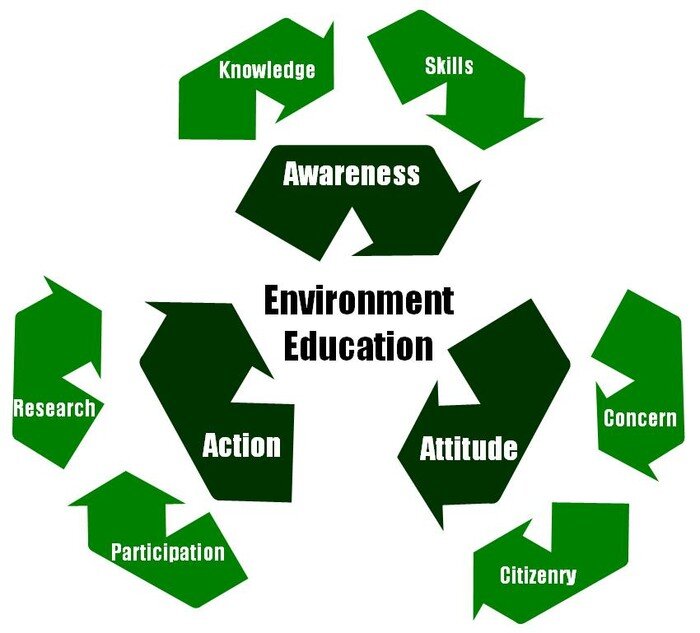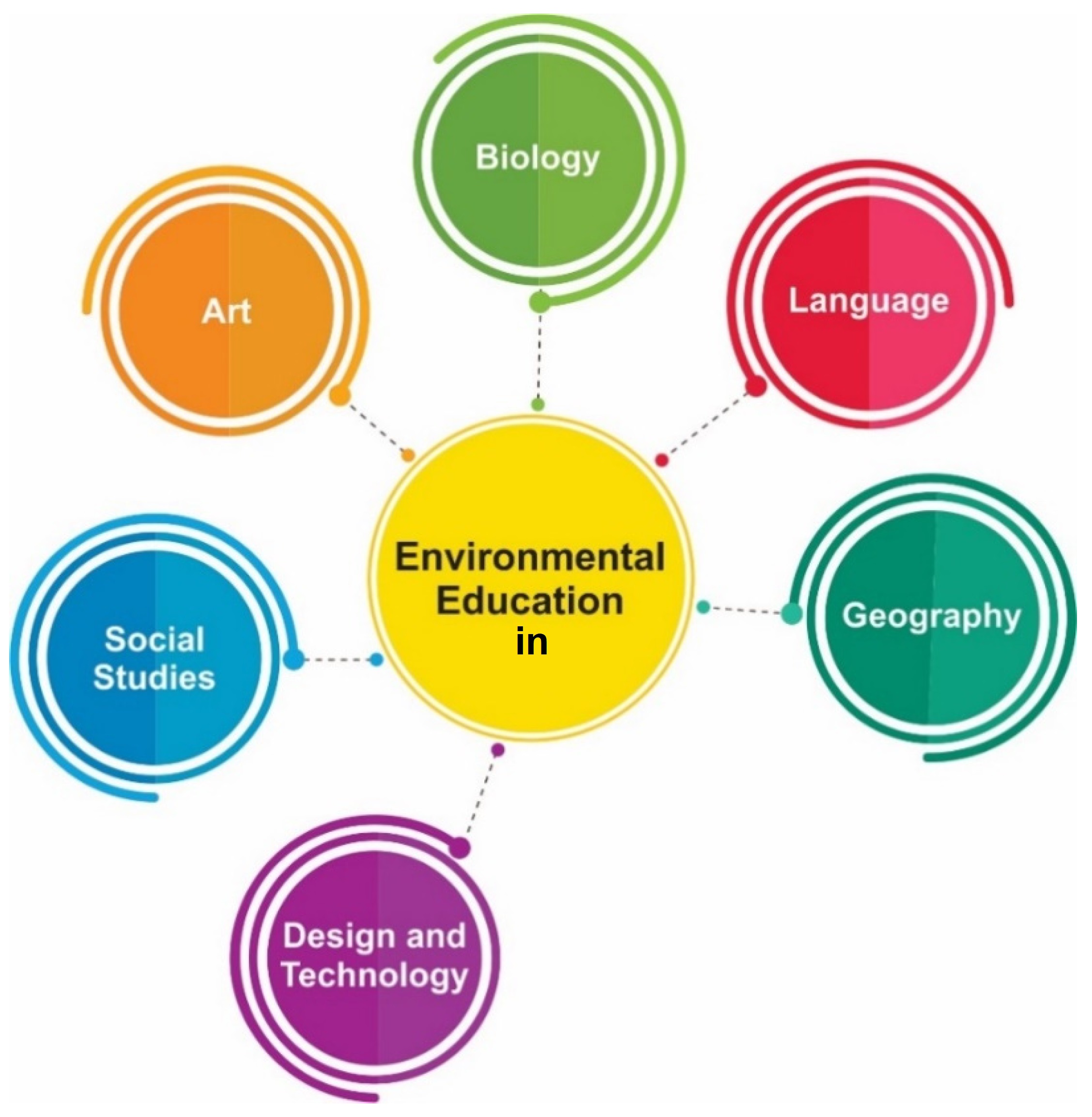
A well-designed ‘Environmental Education’ curriculum devised with the mutual efforts of environmental and educational experts will help create awareness among young generation.
By Nusrat Sikandar| Translated by Yasir Qazi
‘Environmental Education’ is based on learning about the environment. Growing global warming and adverse climate change have made the thermosphere of this planet vulnerable. Due to various factors, environmental pollution is continuously rising with every passing day and our home (Earth) is being strapped towards annihilation. The planet is emitting more greenhouse gases than it has the capacity to absorb. Due to cumulating environmental pollution, the outbreak of negative ecological transformation in the region continues in the form of floods, storms, irregular rains and the destruction of human settlements and agricultural lands.
This is a huge disaster, which causes a massive economic loss also. In this situation, some influential nations are in a position to protect themselves to some extent, while the rest of the developing or underdeveloped countries are facing frowns and turn into the smell of dust. Due to environmental pollution, the grains, vegetables and fruits grown in the fields are also devastated, and due to this food shortage, various countries are facing inflation. In this way, natural resources are also being wasted. Resultantly, future generations don’t seem to be gifted to benefit from the natural resources of the land.
 A study conducted by UNESCO says that adequate information about the environment is not given through teaching and learning, currently. To avoid such annihilation and to take some urgent and timely measures for the survival of life, “Environmental Education” is a crucial need of the hour, and it is important to aware the masses, what practical steps to take and how to take them to deal with negative environmental deviations. How to adopt appropriate strategies and policies to deal with complications like rising temperatures on earth, and climate change prevention. Along with this, there should be consultations about the problems of environmental education, so that ‘Green Education’ should be made a part of the curriculum at all levels, and students of all ages should be fully accomplished and taught about it, and technical knowledge about this core concern should be the basis of the educational curriculum, as its vital part.
A study conducted by UNESCO says that adequate information about the environment is not given through teaching and learning, currently. To avoid such annihilation and to take some urgent and timely measures for the survival of life, “Environmental Education” is a crucial need of the hour, and it is important to aware the masses, what practical steps to take and how to take them to deal with negative environmental deviations. How to adopt appropriate strategies and policies to deal with complications like rising temperatures on earth, and climate change prevention. Along with this, there should be consultations about the problems of environmental education, so that ‘Green Education’ should be made a part of the curriculum at all levels, and students of all ages should be fully accomplished and taught about it, and technical knowledge about this core concern should be the basis of the educational curriculum, as its vital part.
Now, not only, the implementation of ‘Environmental Education’ for all grades has become inevitable, but also the necessity of deliberating how to save the future of the planet in the current environmental crisis has also become inescapable. It is the best time to know, what is necessitous to modify and adapt for the production, protection and survival of the plants!? What should be our attitude towards nature!? How to teach about the environment by including all such components in environmental education for different grades in a special order!? How to spread the word about ecological safeguard through curriculum!? These are the most important questions of the date, the appropriate answers of which can illuminate our way to solve conservational problems regarding the environment.
Environmental Education can basically be organized around the world through learning programs and related events. UNESCO is committed to making ‘Environmental Education’ a core curriculum by 2025.
In this view, it is very important that maximum monetary resources should be devoted to ‘Environmental Education’ instead of spending money on wars, and based on the skills of ‘Environmental Education’, teachers and educators should be trained in a professional approach. Through ‘Environmental Education’, appropriate awareness about climate damage can be disseminated. The power to take decisions in this regard, and reinforcement of positive change in approaches, can inspire more and more individuals to play their role as responsible citizens, in understanding environment-friendly issues and address this universal trouble meritoriously.
 A better understanding of health through ‘Environmental Education’ is also possible for how to build a healthy society. With this, the future can be planned in a developed method and along with this, the prominence and significance of natural resources will also be revealed. By this, in the time to come, it will be conceivable to plan ‘Green Cities’ and villages free from ecological pollution, and in this way, the constructive effort can be carried out in an innovative scheme. With this entire progression, small groups of occupants and communities will be capable to work with new enthusiasm and zeal due to such support and they will be able to use technology for environment-saving, environment-friendly new inventions through ‘Environmental Education’ and this technology path will ensure natural damage control and eco-friendly existence.
A better understanding of health through ‘Environmental Education’ is also possible for how to build a healthy society. With this, the future can be planned in a developed method and along with this, the prominence and significance of natural resources will also be revealed. By this, in the time to come, it will be conceivable to plan ‘Green Cities’ and villages free from ecological pollution, and in this way, the constructive effort can be carried out in an innovative scheme. With this entire progression, small groups of occupants and communities will be capable to work with new enthusiasm and zeal due to such support and they will be able to use technology for environment-saving, environment-friendly new inventions through ‘Environmental Education’ and this technology path will ensure natural damage control and eco-friendly existence.
 Through ‘Environmental Education’, the present and future generations will be able to understand and explain the ‘ecosystem’, the importance and relevance of the increasing temperature of the earth, rain, trees and plants, the growing intensity of earthquakes due to the depletion of groundwater and many other environmental issues, and with this consideration the learners will not only be able to learn the technical remedies of these troubles, but also will be able to map basic devices, adopting which every individual can play his role as the ‘Green Ambassador’. This educational target can easily be achieved, through sensitive learning based on emotional methods (along with technical approaches), through arts, professional attitudes, skill building and partnership.
Through ‘Environmental Education’, the present and future generations will be able to understand and explain the ‘ecosystem’, the importance and relevance of the increasing temperature of the earth, rain, trees and plants, the growing intensity of earthquakes due to the depletion of groundwater and many other environmental issues, and with this consideration the learners will not only be able to learn the technical remedies of these troubles, but also will be able to map basic devices, adopting which every individual can play his role as the ‘Green Ambassador’. This educational target can easily be achieved, through sensitive learning based on emotional methods (along with technical approaches), through arts, professional attitudes, skill building and partnership.
A well-designed ‘Environmental Education’ devised with the mutual efforts of environmental as well as educational and curriculum experts can make the Earth an environment-friendly place to live and can save the future of this earth and transform to peace, prosperity and sustainability.
____________________
 The author is a freelance Sindhi Journalist, columnist, writer, Educator and a teacher trainer, writing since 2014 for various newspapers, magazines and websites. She is an ‘East-West Center Alumni Association’ (EWCAA) fellow journalist.
The author is a freelance Sindhi Journalist, columnist, writer, Educator and a teacher trainer, writing since 2014 for various newspapers, magazines and websites. She is an ‘East-West Center Alumni Association’ (EWCAA) fellow journalist.

The translator is a freelance radio and TV broadcast and print journalist, poet, prose-writer, researcher, columnist, blogger, translator, media Expert, and author of 12 books in Sindhi. He writes regularly for esteemed English, Urdu and Sindhi papers and websites.